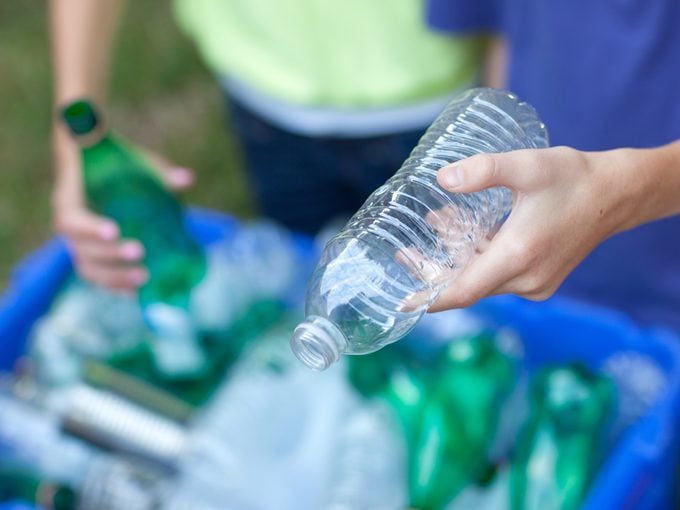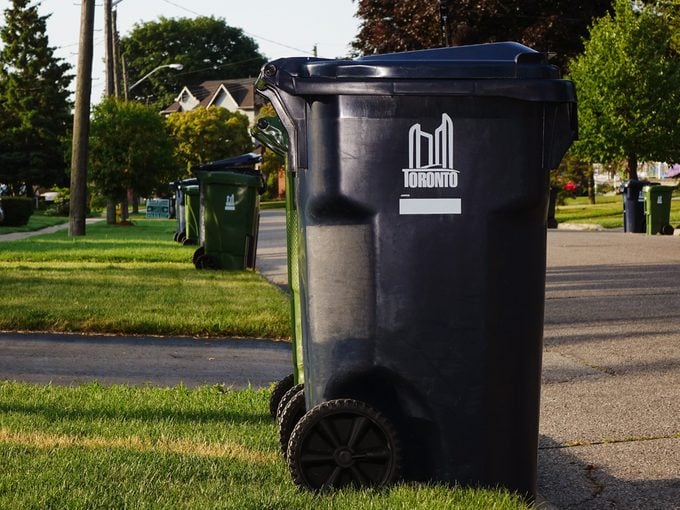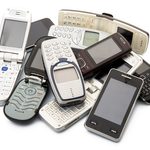It’s Important to Recycle Right
If you're wondering if it’s still worth it to recycle, it is, and it’s increasingly important to recycle right. Recycling helps to conserve natural resources and keep waste out of the landfill, while reducing energy use and greenhouse gas (GHG) emissions, which aligns with the City of Toronto’s ambitious TransformTO Net Zero Strategy to reduce community-wide GHG emissions in Toronto to net zero by 2040.

Recycling is collected from all Toronto single-family homes, about 60 percent of apartment buildings and condos and many small commercial businesses such as retailers, green grocers and restaurants. Last year, 84,859 tonnes of recycling was collected through the blue bin program.
While recycling rates vary across different sectors, it’s important to note that residential recycling rates are typically much higher than those in the industrial, institutional and commercial sector.
In recent years, there has been a significant increase in the amount of garbage and non-recyclable items in the blue bin program. Contaminated recycling costs millions of dollars each year. It can also damage equipment and cause workplace injuries at the recycling facility and ruin otherwise perfectly good recyclables.
Approximately one-third of what is put in the blue bin overall is not accepted in the program or was ruined as a result of the wrong items being put into the bin. Examples of contamination include ceramic dishes, clothing and other textiles, items labelled as compostable or biodegradable, and food waste, which can ruin paper and cardboard, making it no longer recyclable.
So what can Toronto residents do to recycle right? Here are some simple tips:
- When in doubt about where something goes, check the Waste Wizard, the city’s search tool with instructions on how to dispose of over 2,000 items. It’s available at toronto.ca/wastewizard or by downloading the TOwaste app. You can also contact 311 at any time.
- Empty and rinse food containers and be sure to put the lids back on before tossing them in the recycling bin. This will help to prevent paper and cardboard in the recycling bin from getting ruined and becoming non-recyclable.
- Separate plastic bags/over-wrap from newspapers, flyers, magazines, and water and soft drink cases and recycle them separately.

To learn more about what does and does not go in the recycling, visit toronto.ca/recycleright.
Reduction and reuse are also important as the less waste produced, the less there is to manage and the smaller the environmental impacts. Learn simple ways to reduce your waste at: toronto.ca/reduce-reuse.
Disclaimer: This content was funded and approved by the advertiser.




